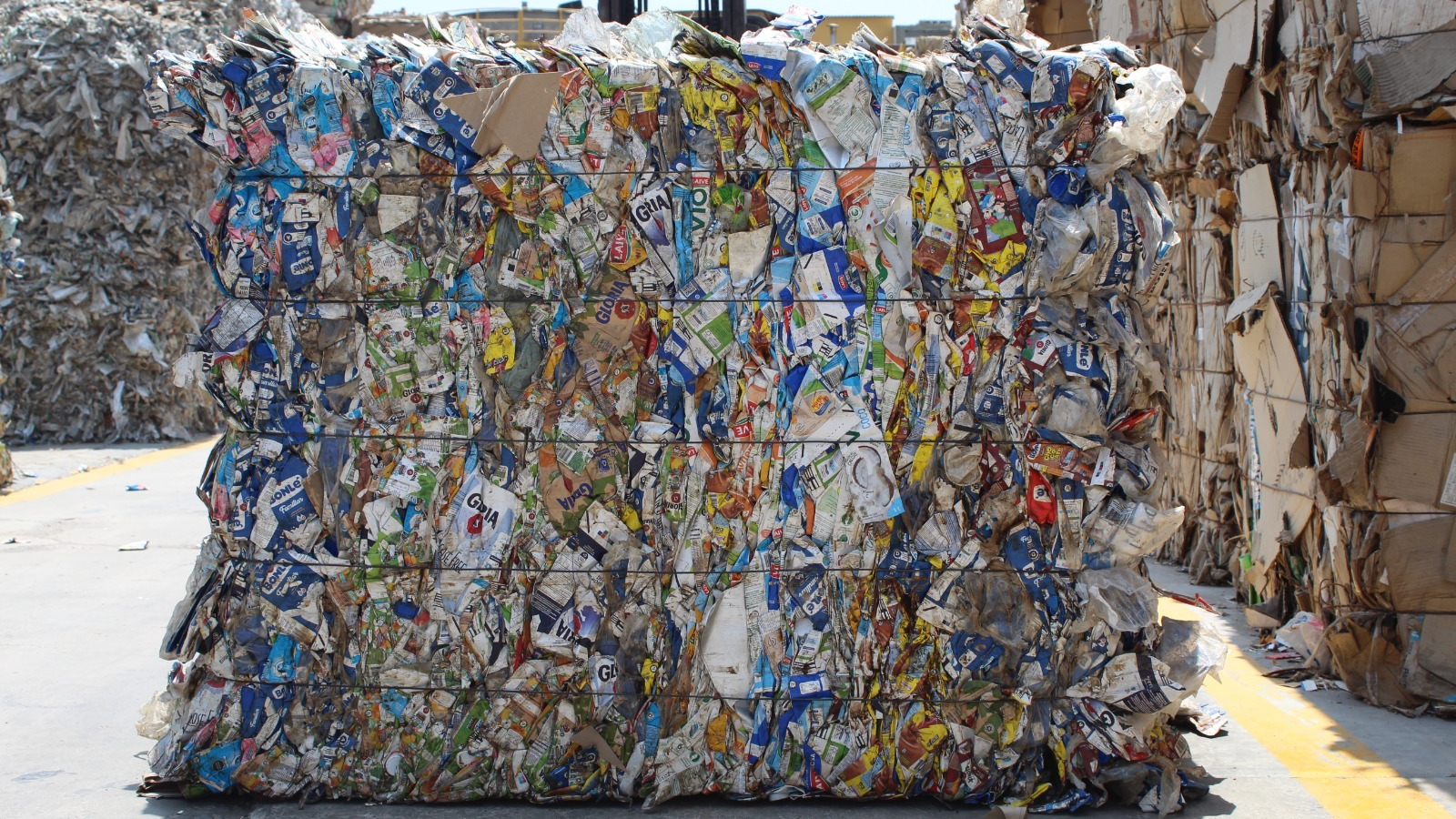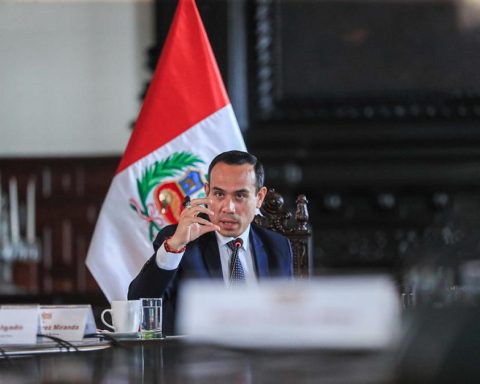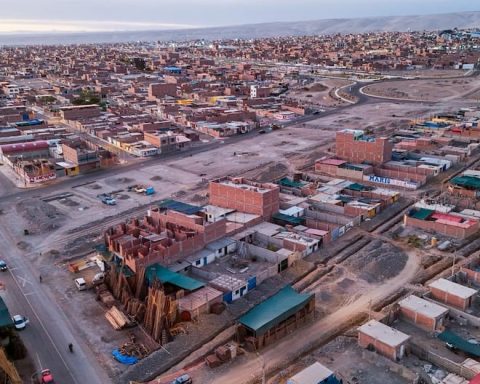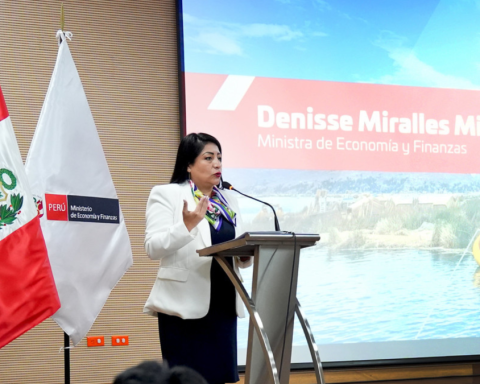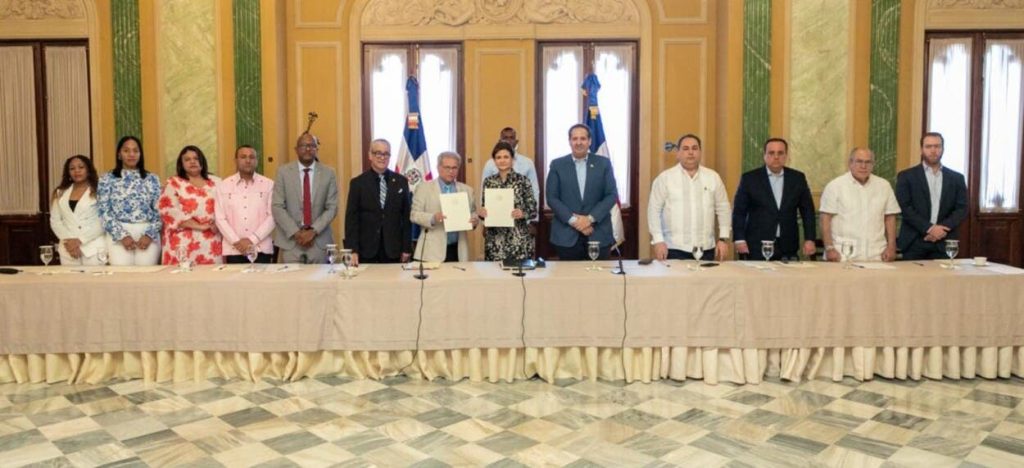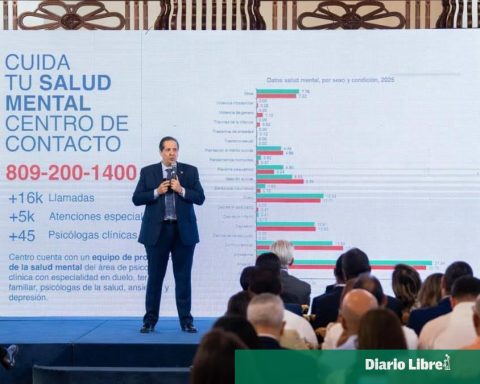By María Luisa Málaga, executive director of Abresa
2024 ended and it is essential to remember the sustainability initiatives that the non-alcoholic beverage sector has developed, implementing programs that not only reduce its environmental impact, but also generate social benefits in the communities where it operates. In that sense, 2025 becomes a key year to continue working on a production model sustainable that strengthens the commitment of the union’s companies.
During the last year, programs have been implemented to reduce social gaps. Among them, those that empower women to continue entrepreneurship stand out, through technical training in fundamental topics such as microfinance and business administration, which strengthen their economic independence. We have worked hand in hand with winemakers, helping them improve the management of their businesses, promoting their digitalization and optimization in the use of resources.
Regarding initiatives to contribute to reducing the impact on the environment, packaging has evolved towards more sustainable designs in order to reduce the use of plastics and encourage their reuse. In addition, recycling programs have been developed with the strategic installation of containers in communities, which facilitates the work of recyclers. These actions are complemented by cleaning days that preserve both ecosystems and cultural heritage.
Likewise, projects have been implemented aimed at strengthening water security, an essential resource for the sector. These initiatives include the restoration of ancestral water sources, ensuring this vital input for future generations.
These advances reflect a real commitment by the sector to balanced development, but there is still much to do. For 2025 to be a year of transformation, collaboration between authorities, companies and communities is essential. Only through the development of joint initiatives will we be able to consolidate a model that integrates economic growth and sustainability for the benefit of all.
